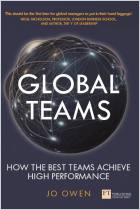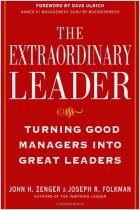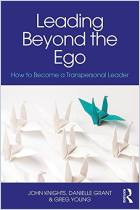Join getAbstract to access the summary!

Join getAbstract to access the summary!
Linda D. Sharkey, Nazneen Razi, Robert A. Cooke and Peter Barge
Winning with Transglobal Leadership
How to Find and Develop Top Global Talent to Build World-Class Organizations
McGraw-Hill, 2012
What's inside?
Have researchers finally cracked the code for identifying and developing great global leaders?
Recommendation
Management experts Linda D. Sharkey, Nazneen Razi, Robert A. Cooke and Peter Barge acknowledge the common characteristics and competencies of good leaders but argue convincingly that global leaders need additional, unique skills. The authors have sufficient impressive knowledge of global business to write knowingly about global leadership based on their experience alone. Yet this work stands out because they add their analysis of past and new research, including surveys and interviews with some 150 global leaders, and they use that data to test their assumptions. This uncluttered, interesting read includes new, useful and, in one case, even surprising findings. Of course, the authors offer the inevitable global leadership basics, but they present these core concepts in a succinct, relevant way as they build toward a logical, evidence-based framework that features practical tools and guidelines for developing global leaders. getAbstract recommends this book to board members, executives, leadership development experts, HR officers, and actual and aspiring global leaders.
Summary
About the Authors
Corporate talent manager Linda Sharkey, PhD, coaches leaders for global organizations. Nazneed Razi, PhD, is chief HR officer at Health Care Service Corporation. Robert A. Cooke, PhD, is a Stanford visiting scholar. Past CEO Peter A. Barge wrote several books on leadership and is a frequent international conference presenter.





















Comment on this summary